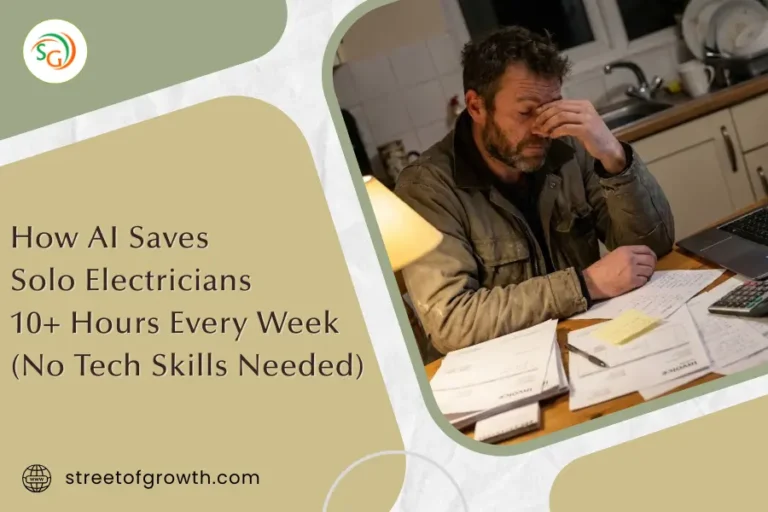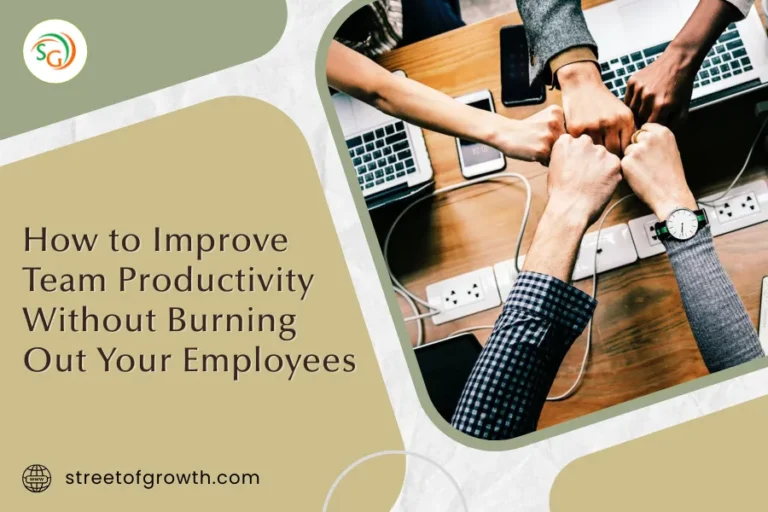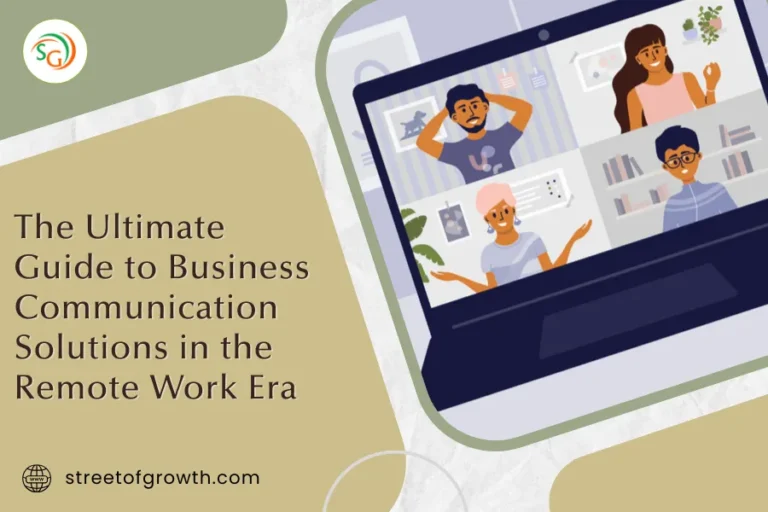Why Tomorrow’s Leaders Need New Skills Today
If you’re in a corporate environment and you aspire to lead, here’s the reality: you’re already behind if you’re not evolving. The workplace is shifting at a breakneck pace. Technologies are advancing, employee expectations are rising, and industries are being redefined overnight. Traditional leadership skills that focused on authority and process are being replaced by adaptability, empathy, and vision.
What this means for you, an early to mid-career professional is clear: leadership is no longer about climbing a ladder. It’s about becoming the kind of person others trust, follow, and grow with. And that requires building new skills right now.
Strategic Thinking: From Tasks to Vision
In today’s corporate world, executing tasks is no longer enough. Emerging leaders must demonstrate strategic thinking. This skill allows you to align your daily work with long-term organizational goals. Instead of simply completing what’s assigned, you’re expected to ask questions like, “How does this decision affect the broader business?”
Being strategic doesn’t mean having all the answers. It means knowing how to evaluate risk, prioritize impact, and connect your work to business performance. To develop this, start participating in cross-functional meetings, request to sit in on strategy discussions, and study how senior leaders talk about company direction.
Adaptability: The Ultimate Career Currency
Corporate structures are no longer rigid. They’re fluid. Teams change, roles evolve, and companies pivot more frequently than ever before. Adaptability is no longer optional; it’s the core skill of resilient leadership.
Adaptable leaders aren’t just open to change, they anticipate it. They prepare themselves and others emotionally and operationally. They find new ways to deliver results when circumstances shift. You can build this skill by embracing stretch roles, tackling unfamiliar challenges, and viewing every unexpected situation as an opportunity to grow. The World Economic Forum identifies adaptability as one of the top future skills for the workplace.
Emotional Intelligence: The Heart of Modern Leadership
Gone are the days when corporate leadership was purely about decision-making and technical competence. Emotional intelligence (EQ) now plays a defining role in building trust, managing team dynamics, and influencing stakeholders.
High-EQ leaders recognize their own emotions and manage them effectively. They read others’ cues and adjust their behavior to build rapport. This isn’t just about being “nice.” It’s about understanding how your emotional state affects decision-making, productivity, and culture.
Practically speaking, you can improve your EQ by seeking feedback from trusted colleagues, practicing active listening, and pausing before reacting in emotionally charged situations. Journaling and mindfulness techniques can also help sharpen self-awareness.
Communication: Speak With Clarity, Lead With Confidence
Communication is more than public speaking or writing clean emails. It’s the ability to persuade, align, and mobilize people around a shared vision. For emerging leaders, this skill often separates those who get noticed from those who remain in the background.
Great communicators simplify complex ideas. They adjust their tone and message for different audiences, executives, peers, or frontline teams. They actively listen and respond with empathy. Whether you’re presenting quarterly updates or giving feedback in a 1:1, communication shapes your influence.
Want to improve? Study leaders known for their communication skills, ask mentors to critique your messaging, and practice crafting messages that align with both data and emotion. Insights from McKinsey & Company highlight how essential communication is in driving successful corporate transformations.
Digital Literacy: Thrive in Tech-Driven Workplaces
You don’t need to become a programmer, but understanding how technology influences your industry, department, and workflows is vital. As automation, AI, and data analytics transform business functions, digital literacy becomes essential.
Being digitally fluent means knowing which tools can streamline operations, how data can inform decisions, and how new platforms (like AI) can redefine customer engagement. Leaders who are tech-savvy earn respect and remain relevant.
To grow in this area, subscribe to industry tech newsletters, attend internal IT demos, and explore AI or data visualization courses online. Ask your tech teams questions and get familiar with your company’s core platforms.
Collaboration: Break Silos, Build Bridges
The most effective corporate leaders are those who break down departmental silos and build collaborative networks. Leadership today involves influencing across boundaries and leading without formal authority.
Collaboration is not about being agreeable all the time. It’s about aligning different perspectives toward shared goals. It requires negotiation, humility, and an appreciation for diversity of thought.
Start developing this skill by volunteering for cross-team initiatives. Initiate partnerships with colleagues in other departments. Pay attention to how you handle conflict and make sure it’s constructive.
Inclusivity: Lead With Fairness and Equity
Diversity and inclusion aren’t just HR buzzwords. They are critical competencies for leaders in global, multicultural organizations. Inclusive leadership means creating environments where all voices are heard, valued, and respected.
This involves self-reflection. Are you aware of your own biases? Do you champion voices that differ from yours? Do you create meeting spaces where everyone contributes?
Inclusive leaders are deliberate. They ask quiet team members for input. They ensure credit is fairly distributed. They challenge status quo hiring or decision-making practices. Get started by attending inclusivity training, reading on equity-centered leadership, and actively mentoring colleagues from underrepresented backgrounds. The Society for Human Resource Management provides helpful guidance on inclusive practices.
Feedback Fluency: The Fastest Path to Growth
Feedback is your secret weapon. It’s how you calibrate your leadership, improve performance, and develop others. Yet many corporate professionals avoid it or deliver it poorly.
To grow, you need to both seek and give high-quality feedback. Normalize asking questions like, “What’s one thing I could do better next time?” Encourage feedback loops on projects. When giving feedback, focus on behaviors, not personalities, and be specific.
Mastering this skill also helps you coach others, a key trait of standout leaders.
Decision-Making Under Pressure: Lead With Purpose
Leadership in corporate settings often means making high-stakes decisions quickly. Whether you’re navigating a crisis or choosing between competing initiatives, your ability to make clear, principled decisions will define you.
The best emerging leaders develop decision frameworks. They gather key facts, consult stakeholders, consider risks, and move forward with conviction. When mistakes happen and they will, they own them and adjust fast.
To strengthen this muscle, reflect on past decisions. Where did you hesitate? What helped you choose well? Practice making timely calls in small projects to build confidence.
Building Your Leadership Brand
Whether you realize it or not, you have a leadership brand, how others perceive your influence, reliability, and vision. The earlier you take control of it, the more impact you’ll have.
Define what you want to be known for: Are you the one who calms the chaos? The one who drives innovation? The one who develops others? Then live that brand consistently through your actions, words, and results.
A clear, consistent leadership identity helps senior leaders see you as promotion-ready. It also attracts allies and opportunities.
Take the First Step Today
Leadership isn’t a finish line. It’s a practice. The sooner you begin intentionally developing these modern skills, the faster you’ll grow in confidence and influence.
Choose one area that resonated with you, maybe it’s communication or adaptability. Make a small commitment this week to improve it. Leadership isn’t about having all the answers. It’s about showing up with curiosity, clarity, and commitment to growth.
Tomorrow’s leaders are made today, in meetings, in conversations, in uncomfortable decisions. And that leader can be you.
Read also: How to Improve Team Productivity Without Burning Out Your Employees
Keep Developing, Keep Leading
Your development as a leader doesn’t stop with this article. In fact, it’s just the beginning. Set monthly goals, read books by credible business thinkers, attend workshops, and seek feedback regularly. Stay curious. Stay involved. Stay humble.
Because the most effective leaders never stop learning. And if you do that, no matter how the world changes, you’ll always be ready to lead it.
Summary: What You Need to Remember
- Leadership has changed. It now demands adaptability, emotional intelligence, and tech fluency.
- Skills like strategic thinking, collaboration, and inclusive leadership are essential for corporate advancement.
- Modern leaders don’t wait for a title, they build trust, solve problems, and influence outcomes from wherever they stand.
- Continuous growth, intentional reflection, and feedback are critical to leadership development.
- The next step is yours. Pick one skill, work on it this week, and repeat.
The leaders of tomorrow won’t emerge by accident. They’ll be built by design and that design starts with you, today.







